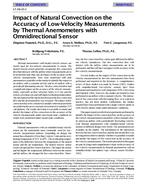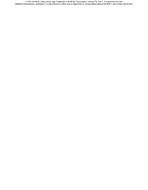An outdoor, comparison performance test of two solar air-heating systems was performed between December 1, 1985 and May 17, 1986, near Potsdam, in northern New York. Each system was installed in a small test cell and operated in the direct heating mode. An identical third test cell served as a control. Infiltration air was blown into the cells at 0.5 air changes per hour (ACH). Control ranges of 68 F-72 F (20 ° C-22.2 ° C), 65 F-75 F (18.3 ° C-23.9 ° C) and 65 F-80 F (18.3 ° C-26.7 ° C) — the auxiliary heaters were controlled at the lower temperature and the collectors at the higher temperature — were employed in rotation throughout most of the test. The solar fractions obtained were low, ranging from 0.116 to 0.213, with the north cell’s fraction somewhat lower than the south cell’s. The average solar fraction of both cells in each control range increased as the temperature control range widened. Simulation of the experiment in Albany, Buffalo, Potsdam, and Syracuse using TRNSYS gave solar fractions of similar magnitudes and the same trend. An economic analysis comparing the solar systems to five different conventional energy sources showed no payback during the 20-year term of the analysis.
Units: Dual
Citation: Symposium, ASHRAE Transactions, 1987, vol. 93, pt. 2, Nashville, TN
Product Details
- Published:
- 1987
- Number of Pages:
- 23
- File Size:
- 1 file , 1.6 MB
- Product Code(s):
- D-NT-87-02-1


